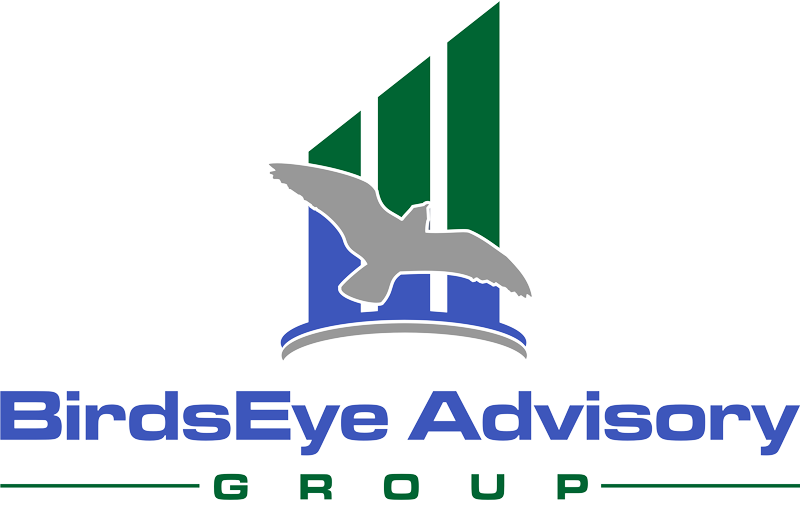
As I continue to unlock the mystery of private equity for my readers, a few key questions come to mind.
What are the advantages of selling to private equity?
When selling your company, there are two types of buyers. One is a strategic buyer, or a buyer already in your industry – in our case, a pet company. An example would be when Central Garden and Pet acquired K&H Manufacturing in 2017. The other is a financial buyer – a buyer not already in the industry but is acquiring your company in order to generate a combination of cash flow and a return on equity. A private equity firm that does not already own a pet company is a financial buyer.
There are multiple advantages to selling your company to a PE firm, including:
- You and your team will likely keep your jobs as they still need you to run the company.
- Many business owners only sell a portion of their equity to the PE firm, leaving the opportunity to significantly increase the value of their existing equity when the PE firm exits the investment in 3-5 years. For example, – you receive an offer from private equity of $15 million in Total Enterprise Value, but they want to purchase 70%. You would receive $10.5 million at the time of sale, making your 30% worth $4.5 million. During the five years the PE firm owns the majority of your company, they increase the value to $45 million, now your 30% is worth $13.5 million. Your 30% is now worth more than your initial 70% – that’s the desired PE outcome.
- When partnering with the right PE firm, not only does it provide financial capital, but it provides intellectual capital as well. There are some extremely sharp and savvy private equity professionals who know quite well how to double, triple, and quadruple businesses in a relatively short period of time.
- There are a few dozen PE firms that specialize in consumer products, and a few that have knocked it out of the ballpark in the pet industry. One of the advantages of working with an investment banker on your transaction is that he or she knows which of these firms would make a great partner for your company.
Why is the pet industry so appealing to private equity firms?
I keep waiting for the interest in pet by PE firms to slow down, as it has been non-stop since I started my career as a pet-focused investment banker nearly 10 years ago. But, I’m happy to say, it shows no sign of waning. While I believe those of us fortunate to work in this fabulous industry agree that it is the best place to spend a workday, why has the pet industry also piqued the interest of financial professionals?
To get the most valuable answer to this question, I went straight to the horse’s mouth and had a talk with Oliver Nordlinger, co-founder of Monogram Capital. Monogram is a Los-Angeles based private equity firm who has been very active in the pet industry, with investments in Chewy.com and Healthy Spot, among others.
“For us at Monogram the pet category has long been one of our favorite consumer verticals and where we continue to spend a great deal of time meeting and partnering with entrepreneurs at companies such as Healthy Spot and Chewy.com. A firm of pet lovers, we take a great deal of pride in being able to take the mission-driven approach of supporting brands that are porting over many of the same better-for-you attributes that we are enjoying on the human side. It’s abundantly clear that these brands are increasing the health, wellness, and longevity of our pets, and there is little more rewarding than that. And as investors, we’ve noticed anecdotally that returns appear both more consistent and higher in pet than any other consumer sub-vertical. Much of this consistency and outperformance we chalk up to the clear demographic trends of increased pet ownership and humanization, but equally important is how loyal and sticky the pet consumer is – whether that end consumer is really the pet or the pet parent.”
Is My Company a Candidate for Private Equity Interest?
Unfortunately for most APPA members, the answer is no unless the PE firm already owns a pet company in their portfolio and they want to make acquisitions – aka as “add-ons.” The primary reason that most pet companies don’t qualify is size. Based on my discussions with literally hundreds of private equity firms over the years, the vast majority of them are looking for companies earning AT MINIMUM $2 million in EBITDA (earnings before interest, taxes, depreciation, and amortization) and really prefer minimum $3 – $5 million EBITDA. So unless you are highly profitable, companies will need to realize revenues of $20 million+ to attract the interest of a private equity buyer.
There are a few reasons that PE firms need to acquire larger companies. One is the fact that their fund size is generally in the hundreds of millions of dollars and they need to put that money to work in large chunks. So, they are looking to write checks of $10, $20, $30+ million for the equity portion of the acquisition. In Part I of this series, I discussed that one of the tenets of private equity is using debt to acquire companies, so they are generally putting 20-40% of the purchase price in as equity and the rest as debt (this varies by transaction).
The other main reason is that transactions are expensive. Most private equity firms will spend hundreds of thousands of dollars on accounting, legal, and other due diligence expenses per transaction – no matter the size. The size has to justify the cost, and small deals do not.
As mentioned above, the one time that smaller pet companies are appealing to a private equity firm is when they already own a portfolio company in the pet space and they are looking for “add-on acquisitions.” Add-ons still need to generate a decent amount of revenue for them to justify the time and expense involved, but they don’t have to have the minimum EBITDA requirement. An example of an add-on transaction would Outward Hound’s acquisition of Bionic of Dublin Dog. Both small companies, but a good fit for Outward Hound.
If you have any further questions or are curious if your company would be of interest to private equity, please do not hesitate to reach out.
Carol Frank of Boulder, CO, is the founder of four companies in the pet industry and a Managing Director with BirdsEye Advisory Group, where she advises pet companies in M&A transactions and Exit Planning. She is a former CPA, has an MBA, is a Certified Mergers and Acquisitions Advisory (CM&AA) and holds Series 79 and 63 licenses. She highly values and incentivizes referrals and can be reached at cfrank@birdseyeadvisory.com.
